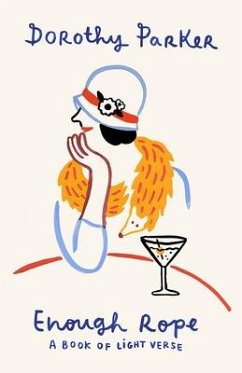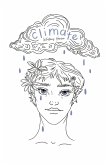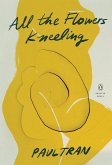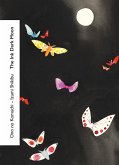Now available as a stand-alone edition, the famous humorist's debut collection-a runaway bestseller in 1926-ranges from lighthearted self-deprecation to acid-tongued satire, all the while gleefully puncturing sentimental clichés about relations between men and women. Known as the wittiest woman in America and a founder of the fabled Algonquin Round Table, Dorothy Parker was also one of the Jazz Age's most beloved poets. Her verbal dexterity and cynical humor were on full display in the many poems she published in Vanity Fair, The New Yorker, and Life and collected in her first book in 1926. The poems in Enough Rope range from lighthearted self-deprecation to acid-tongued satire, all the while gleefully puncturing sentimental clichés about the relations between men and women. Unfortunate Coincidence By the time you swear you're his, Shivering and sighing, And he vows his passion is Infinite, undying- Lady, make a note of this: One of you is lying.
Hinweis: Dieser Artikel kann nur an eine deutsche Lieferadresse ausgeliefert werden.
Hinweis: Dieser Artikel kann nur an eine deutsche Lieferadresse ausgeliefert werden.







